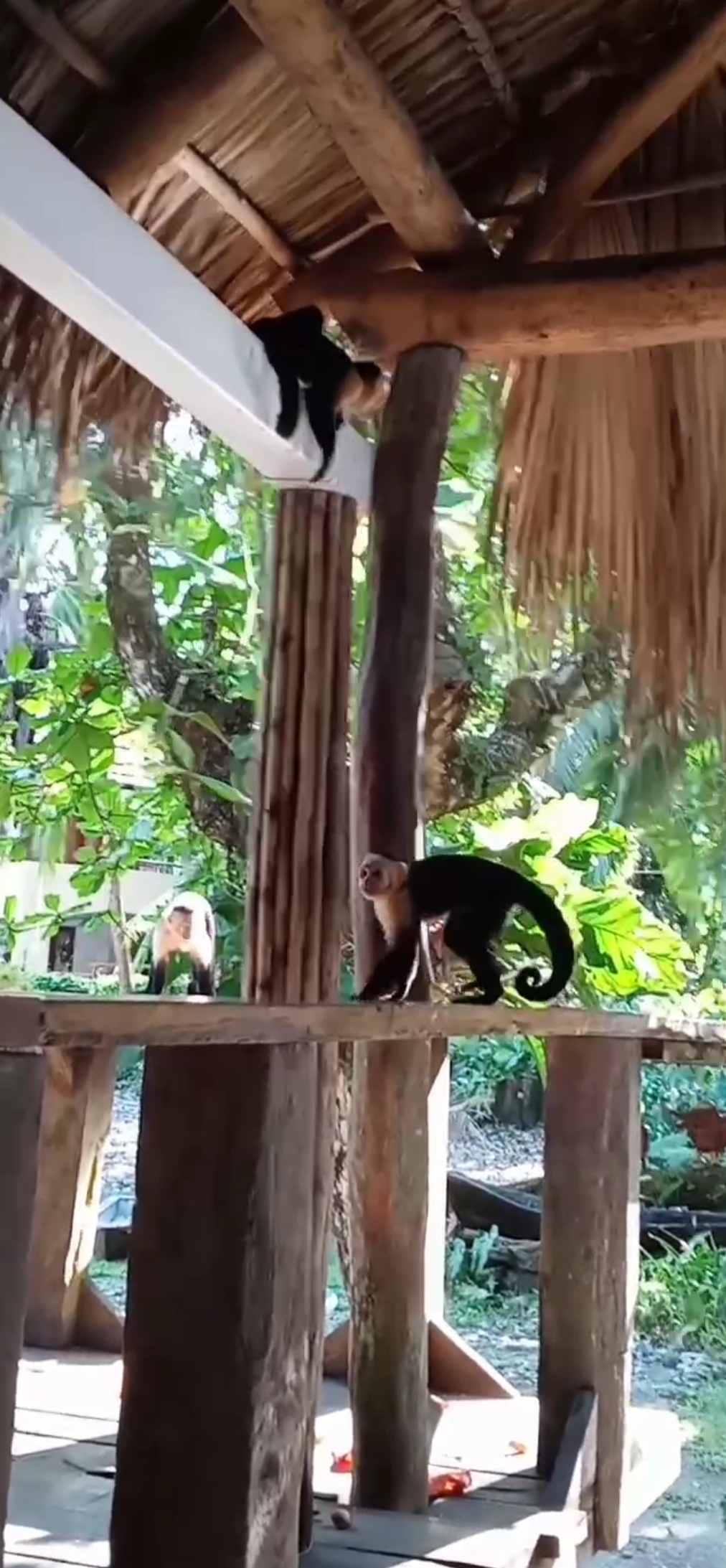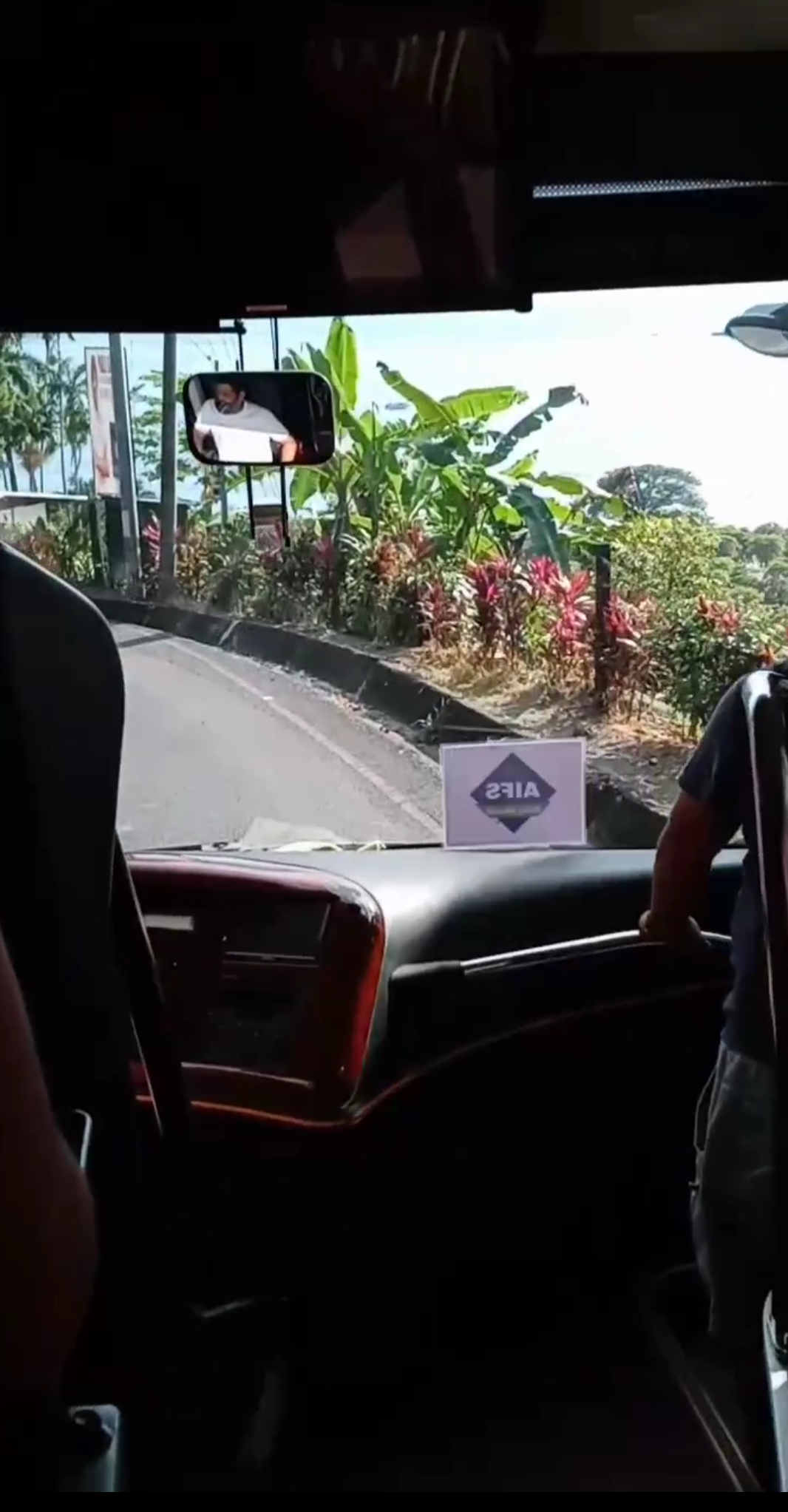
WHAT TO LOOK FOR WHEN STUDYING ABROAD
Having the privilege to study abroad is a a great opportunity on its own, however when first thinking about the location you wish to study abroad in, sometimes it is easy to overlook the intermediary between your school and a school abroad; What I mean by that is that often times, study abroad experiences are completed via a program or the like. These programs are there to assist you with school registration and anything else regarding the living experience that you will have while away. Thus, taking this into account, it is very important to consider the programs that exist for these study abroad experiences given that not all of them will offer the same thing, and often the price and available resources and activities will vary depending on your program. In reflection of my own hunt for a program abroad, here are just a few things I took into account when selecting a program.
— LOCATION —
First and foremost of course is the location of where you want to study abroad. In all honesty, if you had not really thought about studying abroad prior to the year before you actually decided you want to go ahead with it, you may have no idea where it is you want to go. This was true for me and for many others as I have come to learn from speaking current students studying abroad in the same location as me, so do not worry if you are in the same situation.
To narrow down on a location, it’s important to consider the reason as to why you would like to study abroad, the academic requirements that you still need to fulfill, and what you would like to experience. For me, this meant going somewhere I would be able to experience a new culture and environment, where I could complete courses that would count towards my biology major and Spanish minor, and where I would be able to completely immerse myself via my living experience. That is why when finally narrowing down on locations, Costa Rica became a very clear cut choice. Not only was it a highly biodiverse location that is extremely different to my home in Chicago, but it also is a Spanish speaking country where I knew I could improve my Spanish even more and witness a new Latin-American culture directly by being a part of a program that offers a homestay component. Narrowing down to features like this helped me chisel down my choices; outside of these basic ones, some other things you will want to consider are your courses while abroad.
— ACADEMICS —
How far along are you with completing your graduation requirements? Your major requirements? How many courses can you take and have count? What would you like to learn?
These are just a few questions you can ask yourself when considering the academics that at the end of the day are one of the important factors of your STUDY abroad experience. For instance, as a biology major going into my junior year, I knew I had completed most of my general requirements and that I just needed at least one out of the three required 300-level biology courses while abroad to count towards my major.
In relation to this major, choosing Costa Rica also came down to the fact that it is an extremely biodiverse location where I knew I would be able to learn and witness fascinating wildlife both within and outside the classroom. Having been provided by my program both the course list and syllabi for courses prior to applying, and seeing all the ecology courses offered, I knew Costa Rica would be a great place to learn about biodiversity and have it count towards my major. Costa Rica is not only rich in biodiversity however, it is also a place with vibrant culture, something else I wanted to experience and that you will want to consider when deciding, especially when it comes down to the living arrangements you will have.
— LIVING EXPERIENCE (HOUSING) + EXCURSIONS (+ OTHER ACTIVITIES) —
As aforementioned, part of my interest in studying abroad came down to wanting to completely immerse myself into a new culture, hence why I chose AIFS as my program provider; AIFS Costa Rica is a program with a homestay component included. A homestay is a living situation while abroad where you get to live with a local family within their home during the semester. Having this opportunity to live directly with a family that is actively a part of a culture versus just staying in a school dormitory contributes immensely to a more immersive experience that I was hoping to have. Keeping your own immersion ideas in mind will help you when deciding on not only a location, but also a program through which your living arrangements may be made.
Outside of the living experience, the program you select can also determine the type of activities you will have the opportunity to indulge in. In my case, AIFS Costa Rica listed offering many weekend excursions and weekday activities included in the cost of the program, something that excited me as I knew I would get to explore and experience new things with included help and familiarity. Of course, you can always plan your own excursions as well, however having some included in your program can make it easier to navigate.
— COST —
Lastly, arguably one of the other most important things to consider is the cost of the program. While the sticker price for studying abroad can be intimidating, know that many programs offer aids and scholarships, or direct you to outside scholarships that can drastically reduce out of pocket costs. Your own school can help provide resources and aid to assist with the cost.
That being said, consider and compare prices, and make sure to speak with a study abroad advisor thoroughly to know what is covered within each program. At the end of the day, the experience of being abroad on its own will be incredible, but of course it doesn’t hurt to have a program with great support and resources along the way. What are some of the things you are looking for in your study abroad experience?
Image 1: Manual Antonio beach Monkeys
Image 2: AIFS Bus View

